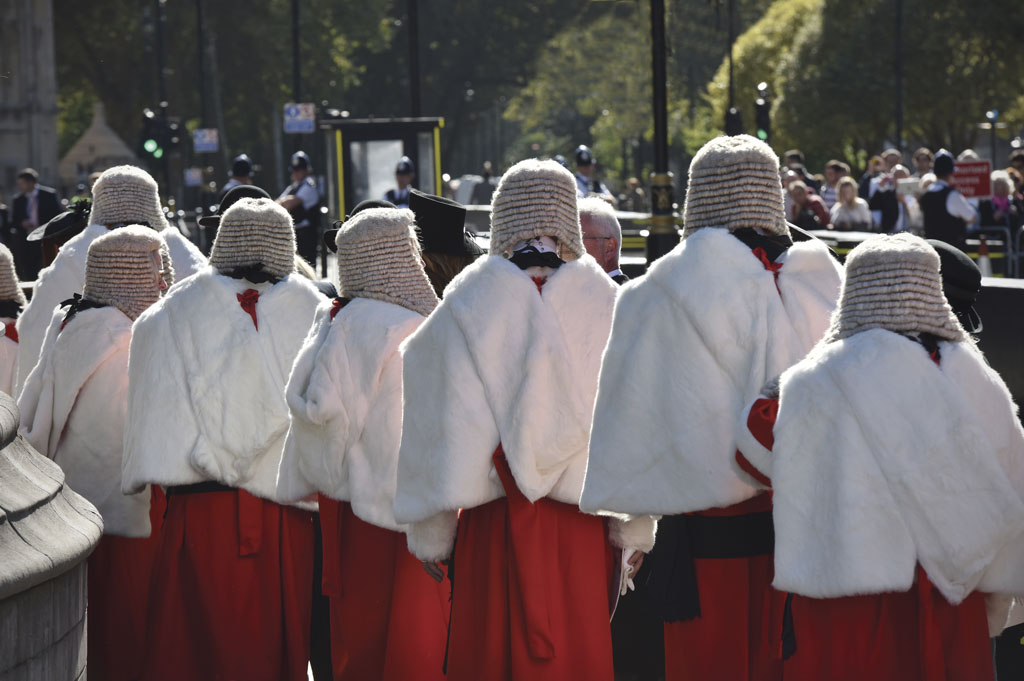
Professor Graham Zellick QC unravels the mysteries of parallel, non-optional & post-retirement titles
- May High Court judges attach the prefix ‘The Honourable’ to their non-judicial title?
- May retired High Court judges use the prefix ‘The Honourable’?
- Should any of the current rules be changed?
Puisne judges of the High Court—all justices of the High Court other than the heads of division—have the official title or style of ‘The Honourable Mr/Mrs/Ms Justice Smith’, with forename included only if there is already a judge with that or a similar surname so as to avoid confusion. Although no one seems to know the origin of or authority for this style of address, it is long-established, universally recognised and not disputed.
Also, High Court judges are knighted on appointment or, if a woman, appointed Dame Commander of the Order of the British Empire (DBE). Men are made Knights Bachelor, but as there is no direct female equivalent, women become DBEs. (The male equivalent of DBE is KBE (Knight Commander),









